Fallout at 25: A Retrospective
Ali Hasan October 15, 2022
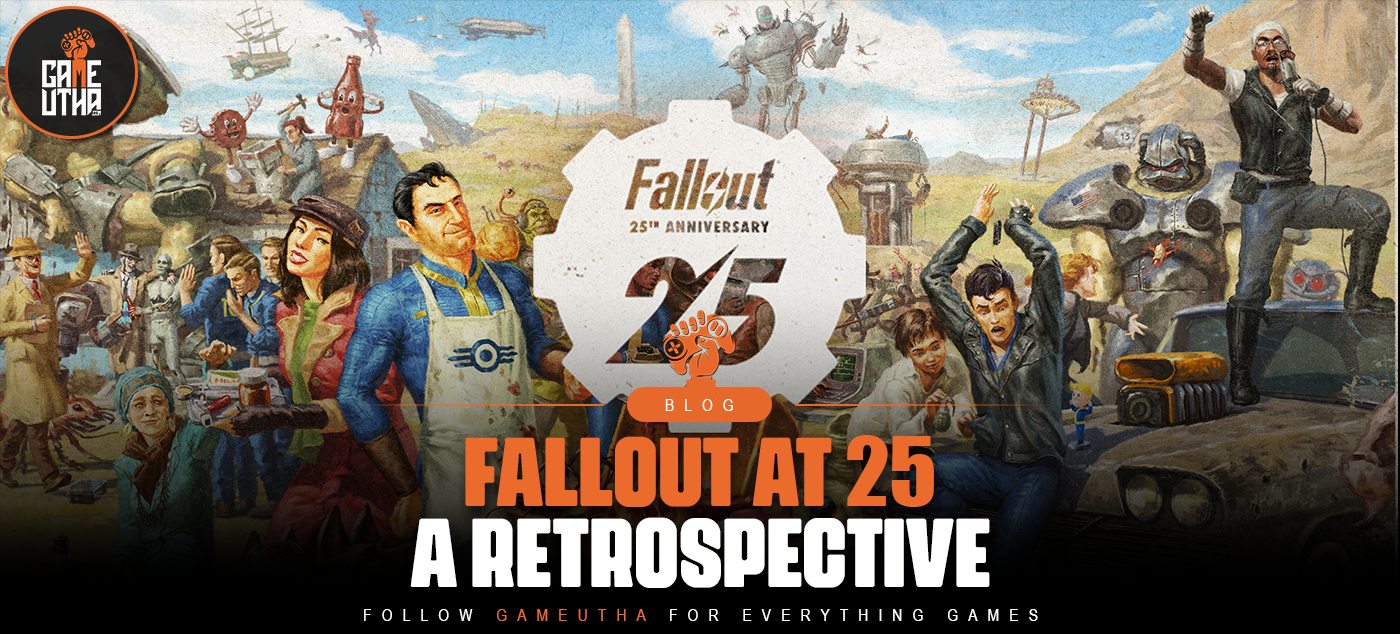
Fallout celebrates its 25th anniversary this month. It has been over two decades since Interplay released a game that would change the RPG game genre forever. Fallout was revolutionary in more than one way and the revolution didn’t stop there as it continued to redefine itself and the genre around it as it shifted from studio to studio. Fallout has stood the test of time adapting to the times while also making sure it kept the same great narratives and themes that made the first entry so memorable.
Fallout’s aesthetic is modeled after 1950’s American culture coupled with a retro-futuristic atompunk setting that gives it a very unique atmosphere, accentuated with moody songs from artists like the Ink Spots and Bing Crossby the series has managed to craft an identity unlike anything in gaming today and is one of the reasons why it remains so loved.
Today at Gameutha we will explore and go over the series’ nearly three-decade-long history in a retrospective blog detailing the franchise’s beginning, the many highs, and lows it has faced along the way, and then finally looking towards the future because in many ways it feels like the Fallout series is just starting.
Before the Fallout
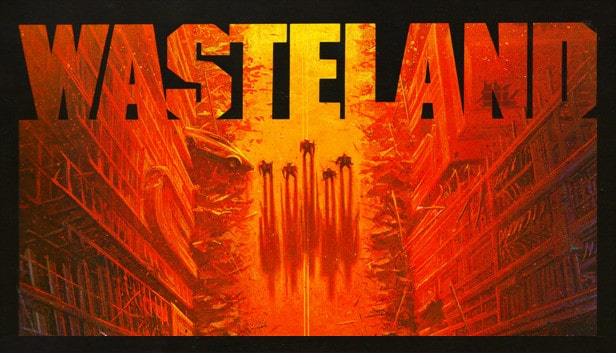
Fallout was born out of Wasteland, acting as a spiritual successor to the 1988 classic, and featured many of the same basic themes and mechanics. Interplay enlisted Black Isle studios to develop it in 1994, however, the “Wasteland” name was promptly dropped to avoid copyright issues and thus the Fallout title was born. The development lasted nearly three years and cost a sizeable $3 million to complete.
The game was initially developed on Steve Jackson Game’s tabletop GURPS system but Jackson revoked the license once it was discovered how violent Fallout was going to be, it was through this conundrum that the SPECIAL system was born, the signature character attribute system that continues to be Fallout’s defining feature to this day. SPECIAL stands for Strength, Perception, Endurance, Charisma, Intelligence, Agility, and Luck.

The SPECIAL system (like GURPS) allowed you to pour in ability points into a number of attributes which would then open up unique choices throughout the game, while the system wasn’t new it was the first time anything like this had been implemented into an RPG game and was the focus of much praise from critics.
Fallout Took The World by Storm
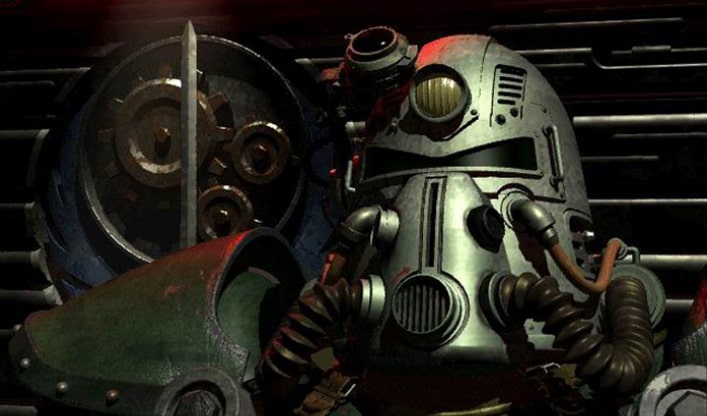
Fallout had players creating their own characters with their own unique set of skills. The character was eponymously known as the Vault Dweller who leaves the confines of his vault after years of living underground following a nuclear strike on the United States of America. The main premise involves you exploring the world in search of a chip that is needed to fix Vault 13’s water purifying system. Players explore the world through an isometric game design and engage in combat with several different factions. The players also sport a wrist-mounted computer known as the Pip-boy which lets you access your inventory among other things and has since become a franchise staple.
The game was touted for its exploration, combat, and narrative with many critics calling it one of the best, if not the best game in the genre. A memorable ending and the emphasis on heavy role-playing, which allowed different and unique characters were also highly praised. The game went on to win many awards and sparked a resurgence of the RPG game genre.
Fallout 2 Built Upon The Excellent Systems of the Original
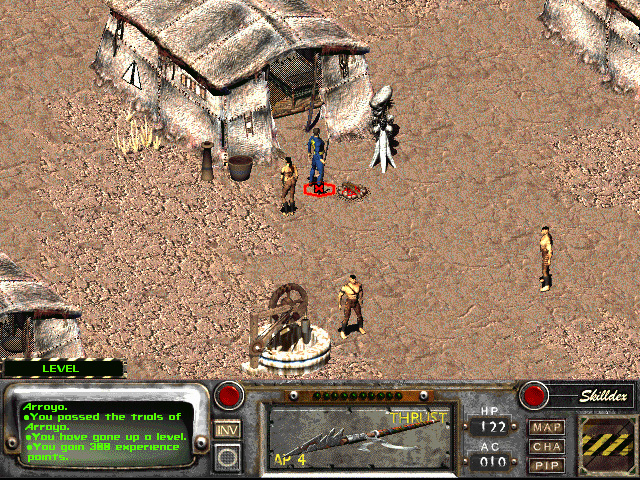
The popularity along with the critical and commercial success of Fallout meant that Black Isle studios began developing the next entry straight away. Fallout 2 was released in 1998, just a year after the original, and featured many changes. The game takes place several hundred years after the original and features the descendant of the Vault Dweller, referred to as the Chosen One as the main playable character who is tasked with finding the Garden of Eden Creation Kit (GECK) device that can create thriving communities out of the wasteland.
The game featured an improved UI, more weapons, improved combat, and a much more expansive world compared to the original. While Fallout 2 was critically praised for its RPG and expansive game design fans felt that it didn’t do enough and oftentimes cite the first game as featuring better writing and a better overall narrative structure.
Between Fallout 2 and Fallout 3 The Series Had Lost its Footing
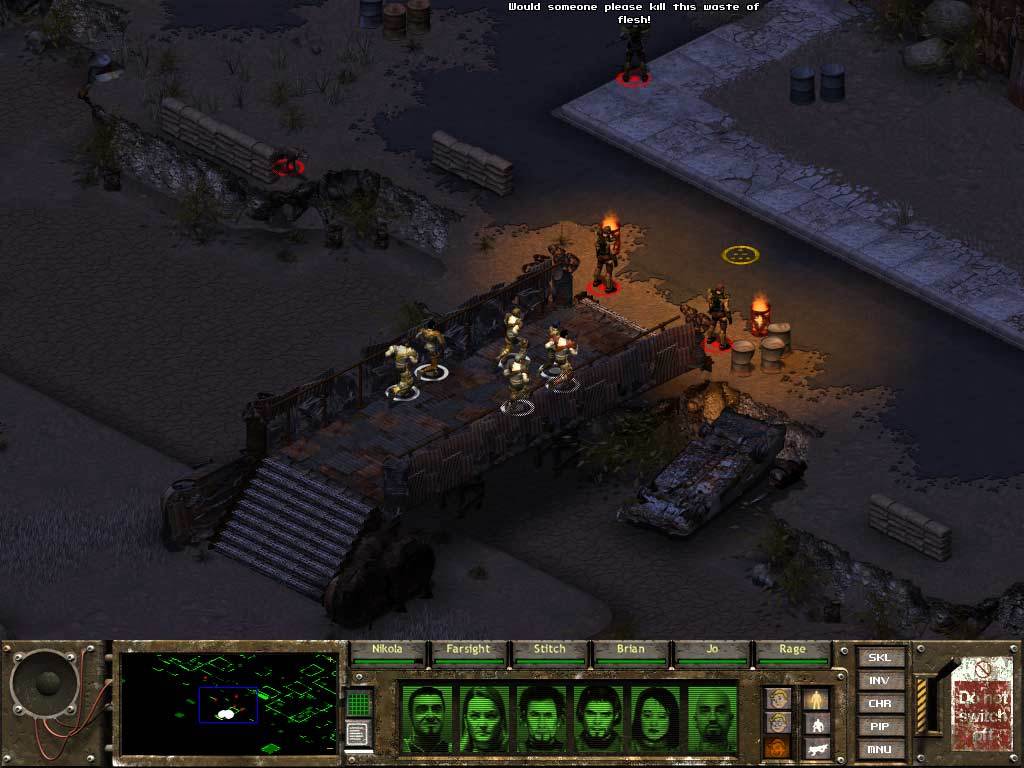
The next mainline Fallout game wouldn’t come out for another eight years. Between 1998 and 2008 the series received just two games, which didn’t quite manage to live up to the first two entries. The first of which was Fallout Tactics: Brotherhood of Steel, developed by Micro Forte. While the game received praise for its non-turn-based combat and the introduction of multiplayer to the series for the first time, it was panned for its linearity and was a particular disappointment amongst fans. The latter would also be true for the next entry; Fallout: Brotherhood of Steel.
Fallout: Brotherhood of Steel was a complete departure from all previous entries. Featuring a completely new style of gameplay despite being developed by Interplay. It was regarded as the worst Fallout game until Fallout 76 took that title several years later. The game was berated for its repetitive gameplay and bland story. Bethesda, the studio that would later acquire the Fallout IP declared both these games non-canon.
Fallout 3 Reinvigorated the Franchise, Completely Changing Up The Formula
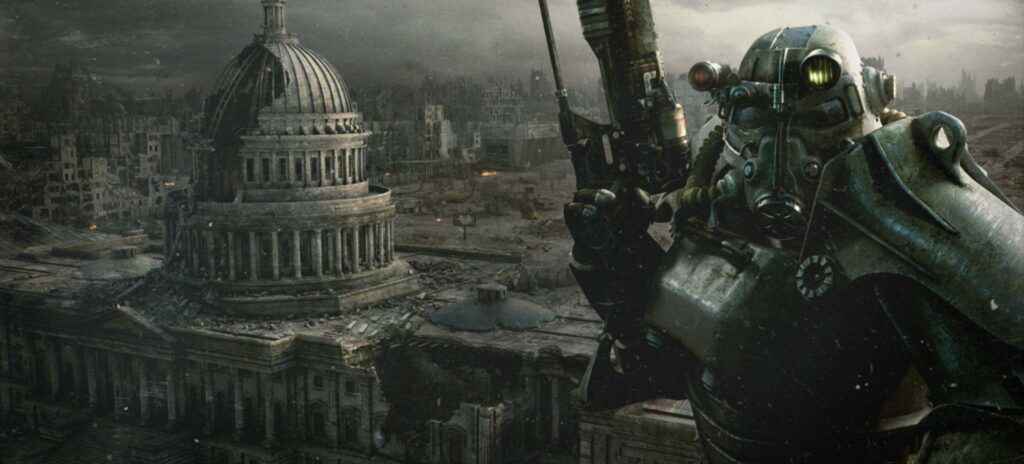
Fallout 3 was officially in development at Black Isle studios under the codename Van Buren and would have been a return to form for the series, even though it wasn’t a sequel to the original two. The game was set to feature an ongoing war between the Brotherhood and the New California Republic. The character this time around was going to be a prisoner and the character creator was set to determine whether they were wrongfully imprisoned or not.
Interplay eventually went bankrupt during the development of the project and the game was canceled. The IP was then sold to the highest bidder which happened to be Bethesda, the studio behind the highly beloved Elder Scrolls series. Development for Bethesda’s version of Fallout 3 began in 2004.
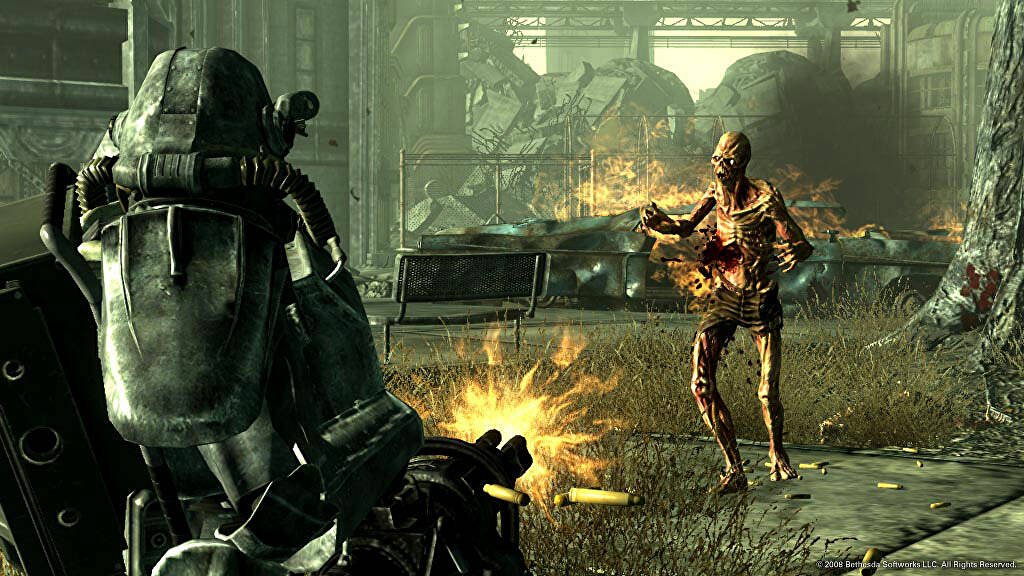
Bethesda started from scratch throwing out all story and mechanical ideas that had thus far been built by Black Isle. It completely revamped the series taking it from an isometric RPG to a first-person shooter RPG, blending together the studios’ strengths. The game made several changes apart from the apparent departure from the series’ isometric roots including the introduction of VATS a new assisted targeting mechanic that would allow players to stop time and target specific limbs on enemies and an expanded emphasis on the Pip-boy.
In a little, over ten years Fallout had managed to do the unthinkable and had delivered two genre-defining games when Fallout 3 received all-around universal acclaim praising the gameplay, story, and atmosphere as well as the quirky comedy and exploration of adult themes including slavery. The success of Fallout 3 and the highly successful relaunch of the series meant that the next entry was quickly given the green light.
Also Read: Overwatch 2 Review
Fallout: New Vegas
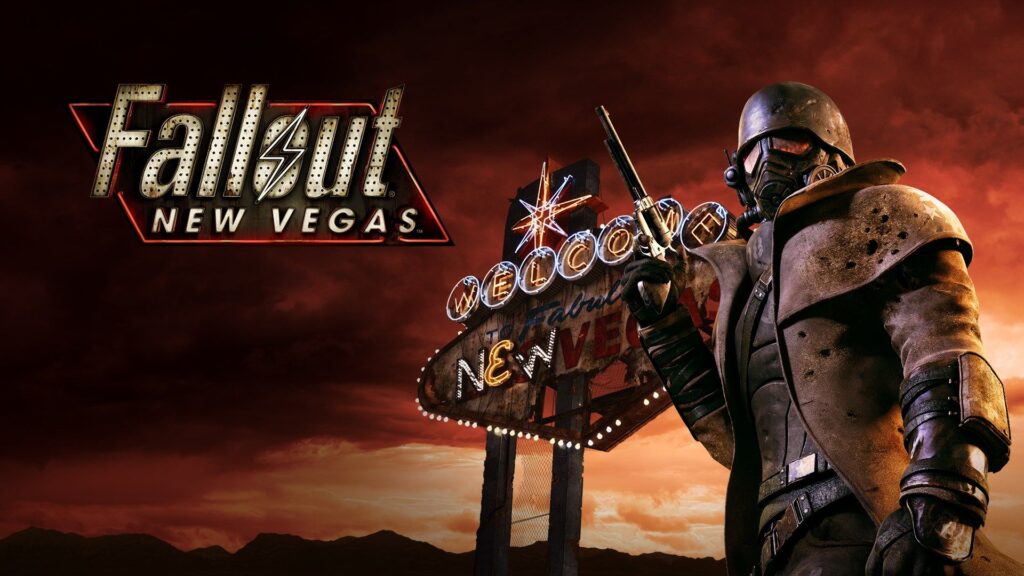
The next entry in the series was handed off to Obsidian Entertainment as Bethesda Softworks started work on the next Elder Scrolls title. Obsidian Entertainment was comprised of many former Black Isle and Interplay employees and developers, it was a natural fit for the studio to handle such a project and the team delivered what is to this day considered the best Fallout game in the series.
New Vegas was built on the systems already established in Fallout 3 but took every liberty to improve upon them including an expanded crafting system, improved Pip-boy functionality, and weapon crafting. The game also featured a large number of factions which brought with it the introduction of the reputation system that would affect NPC interactions and story beats.
Despite its buggy launch, in recent years New Vegas has been crowned the best title in the series, for its gameplay and plot structure, and narrative but more importantly for the importance of RPG elements particularly when it comes to player choice. The game is touted for its power struggle themes and the way they mirror real-life politics today.
Fallout 4 Didn’t Quite Manage to Live up to The Legacy of Fallout 3 and New Vegas
Development for the next Fallout began in 2009 with game director Todd Howard wanting to explore the Fallout world before the bombs fell. After the competition of Skyrim in 2011, development on the sequel to Fallout 3 started picking up steam. Fallout 4 used the same engine that was used to make Skyrim, allowing for more detailed environments including dynamic lighting and a much more robust character creator featuring more life-like expressions.
For the first time ever, the game also featured a fully voiced protagonist although this did receive backlash from fans as this feature greatly limited and dumbed down NPC interactions and dialogue options. Fallout 4 was released in 2015 and while the game successfully managed to capture the essence and heart of the series it could not live up to the same praise as the last two entries.
The ambiance and the art direction were praised. While modern control schemes were a welcomed quality of life change. The game lacked the deep RPG mechanics that the previous two entries had as it tried to provide a fully-voiced protagonist. The new settlement system, which allowed you to create bases and houses for yourself and your companions split fans but this feature would take center stage in the next installment.
Browse: PS5 Games and Accessories
Fallout 76 Brought The Series to an All Time Low
Fallout 76 was born out of a rejected multiplayer portion for Fallout 4. The need to keep it at the same level of RPG immersion meant that multiplayer wouldn’t really fit into the DNA of the game and thus it was spun off into its own MMORPG game, a first for the series.
The game promised increased detail when compared to Fallout 4. A bigger map and a diverse, less desolate wasteland were the biggest features being marketed for the game on top of the fact that this was the first MMORPG Fallout game, with players essentially acting as NPCs while also allowing friends to team up to quest, hunt, scavenge and craft against the beautiful backdrop of Appalachia.
The game, however, launched in a dismal state. Bugs and glitches ran rampant, rendering the game unplayable for many. Terrible optimization on both PC and consoles meant that the game wasn’t as enjoyable as the previous entries. Bethesda games are notorious for being buggy and glitchy at launch but Fallout 76 was ahead of all of them by a long shot. The removal of franchise staples like NPCs and an emphasis on the building left many fans alienated. It seemed like the series had hit an all-time low with a soulless game, devoid of any fun and care with a bland story told through text logs and terminals. The franchise had become a shell of itself with Fallout 76 but Bethesda wasn’t done with the game just yet.
Fallout 76’s Redemption Reiterated Bethesda’s Continued Support For The Series
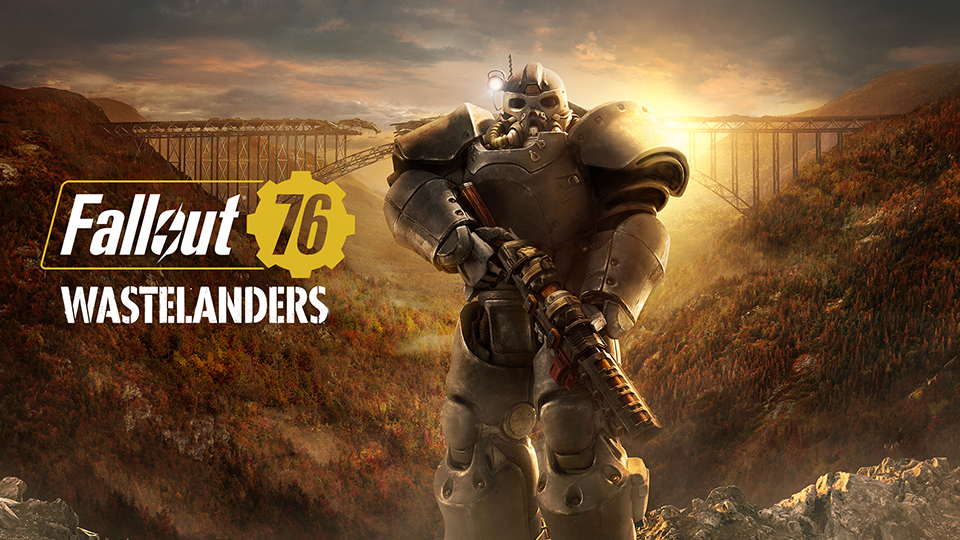
Following fan complaints and the reevaluation of the game’s many systems Bethesda started working towards the betterment of the game by working on bug fixes and content updates, the most significant of which was the Wastelanders DLC which finally brought NPCs back into the game. The game would receive several more updates including factions like the Brotherhood of Steel. The most recent update brought an entirely new game mode to the series called Expeditions allowing you to visit locations beyond the confines of Appalachia.
Fallout 76 still isn’t a perfect package what it did manage to do is completely turn around what was probably the most disastrous launch in gaming history, it also really goes to show Bethesda’s continued support and love for the series.
Legacy and Future
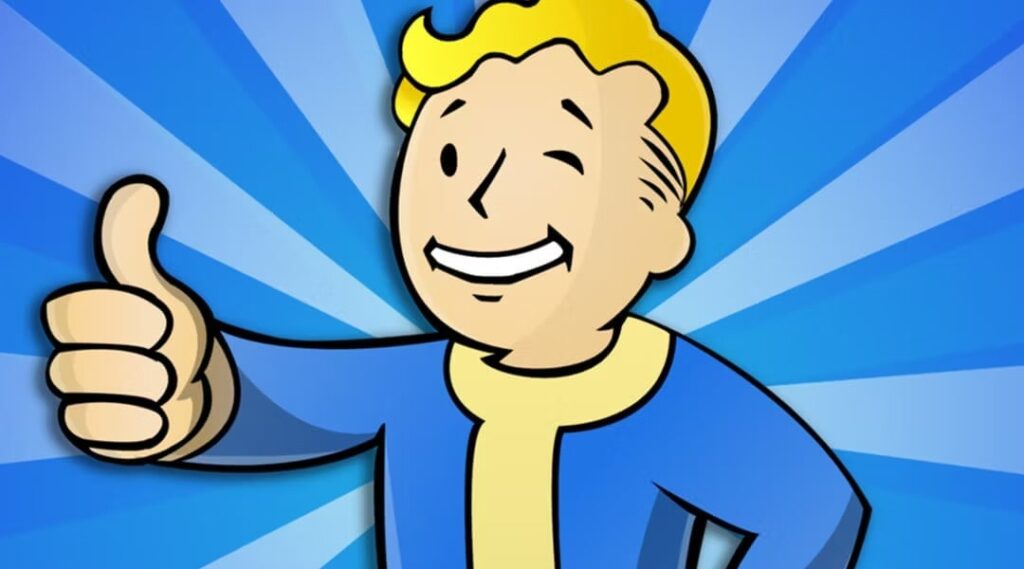
With support for Fallout 76 still going strong and Bethesda having two projects in the pipeline it is highly unlikely that we’ll see Fallout 5 ship anytime soon. It is no denying that Fallout has managed to sustain a remarkable legacy in its 25 years. From being a PC-only isometric RPG to evolving into a premier title for Bethesda Game Studios, the series continues to captivate players to this day, through its incredible storytelling, themes, and characters.
While the Fallout series has faced many bumps along the way, the lasting impact the game has had on pop culture and the gaming industry cannot be understated. With a live-action Fallout tv show on the horizon and Bethesda’s continued support for 76, while reiterating the importance of the franchise the future of Fallout is bright.
Looking to pick up a PS5 or Xbox Series X? look no further because Gameutha.com has you covered! Browse through our featured ads today to pick up your next gaming console. Gameutha.com is also home to the latest in gaming news, reviews, and updates.